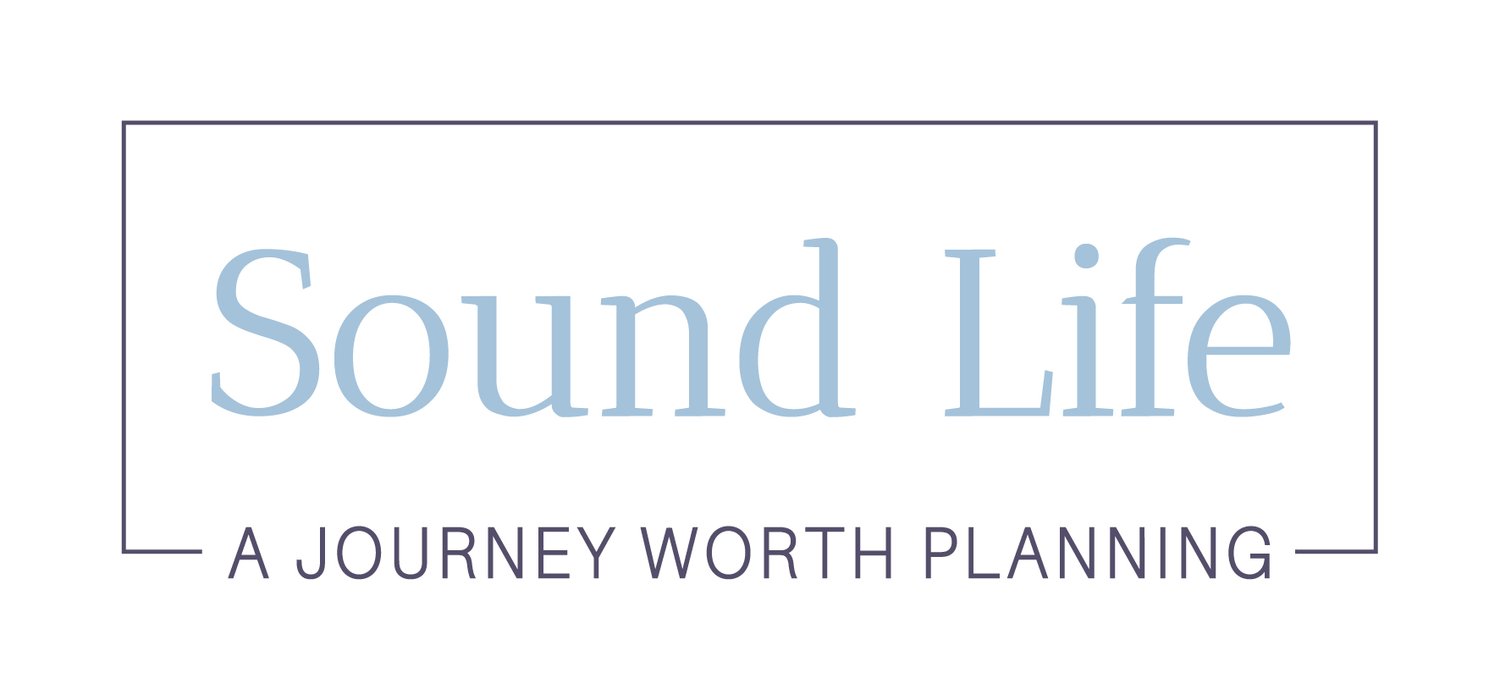Should I Pay More into My Mortgage or Superannuation?
There's no one answer to this, however, here are three things to consider:
1. THE MATHS!
If we were to focus solely on mathematics, the answer would be Superannuation.
Why? Salary sacrificing extra into super will give you a better return over time. Your money will be working for you and your pre-tax rate (the money the government takes out), will be 15%. This is a more tax-effective option rather than paying more into your mortgage which is an after-tax payment, and not tax-deductible.
Extra pre-tax payments into super, can have a significant impact on your super balance when it comes time to retire.
How? The compounding effect over time will mean that you'll have money sitting in super to clear your mortgage when you reach retirement age. Provided you've been clear about your lifestyle and retirement-related goals AND stuck to your retirement savings plan, you can live out your golden years as you've dreamed.
2. AGE
Okay, so maths aside, what if you're young with a first home loan, a large mortgage, double income, AND the benefit of relatively low-interest rates (which are now on the rise).
Well, this can look a little different and the answer would be BOTH.
It makes sense to pay off as much as you can while you can, to reduce the principle.
By putting more into your mortgage (particularly now as interest rates are on the rise), getting ahead of your payments, and growing the equity in your home will mean more choices in the future to be able to:
renegotiate your loan
withdraw from the loan to fund other purchases like a car or renovations
be prepared if something happened to you and you're unable to pay the mortgage for a period of time
At the same time, if you have capacity to salary sacrifice into your super AND pay more into your mortgage then your choices of WHEN you retire and HOW you want to live out your retirement will be far greater.
Your super should have returned above 10% in 2021, so even small amounts of $20-$50 per week/fortnight or month will make a difference.
We get it though, you’re young and retirement seems like a lifetime away, but those that have been around for a while will tell you straight, life happens in the blink of an eye. As financial advisers, often we hear "If only I'd been more financially aware when I was younger."
The key, while you are young, is to ensure that you're not putting yourself and your young family under unnecessary financial pressure. Find the balance, create great memories and build a good life.
Okay, but what if you're at the older end of the spectrum and facing retirement in 5 - 10 years and still have a mortgage?
Well, the answer could also be BOTH.
Like the 'youngins' there are still things to consider but these variables are quite different when you are close to retirement:
Is this where you're going to retire?
Is downsizing an option?
Are there other loans with higher interest rates which need paying down first?
Can you continue paying these debts in retirement?
Consider also that your super has likely earned at least 10% in the last year and you're able to access your super within 5-10 years. It makes sense to have any surplus funds going into super to keep building your nest egg for when you do retire.
The more funds you have in your super at retirement the more choices you have with:
The income you can enjoy in retirement
The lifestyle you can have
The amount of travel you can do (when this becomes an option again!)
3. YOUR RISK PROFILE:
Our risk profile or our tolerance to risk, has so much to do with how we were raised as children, based on how our parents perceived money and how they managed their finances.
For many people, it was and is, embedded in their psyche to get rid of debt, to pay down the mortgage as soon as possible, that investing in the stock market or property market is a risk.
For others, the opposite is true.
Understanding your predisposition to risk, your ability to withstand risk, and how well you can recover from financial crises such as COVID-19 and the GFC, will likely drive the decisions you make.
However, your risk profile is not set in stone and sometimes all it takes is a little help with shifting your mindset to open up new opportunities and challenge your long-held beliefs. You can read more here about Risk Profile when it comes to your superannation investments.
If you are still a little unsure, that's okay! Talking to a financial planner can really help to work through your options to find YOUR solution.
The true value of a financial planner is one that will make you feel empowered, supported, heard, and understood.
Life is about choices and a good financial plan is your roadmap that is uniquely yours, a plan that works for you and your circumstances.
If you don’t have a financial plan, it's a good idea to talk to a Financial Adviser. Give yourself the opportunity to have choices when it matters most.
Please note that the information provided on our website is general in nature and does not constitute financial advice so before you make any changes or amendments to your existing circumstances, please talk to a financial planner or your accountant.

